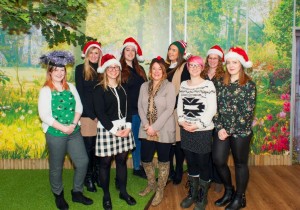
Reporting on the KEIT wins for December – I thought I would work with a festive theme and have chosen the song “12 Days of Christmas” to summarise our activities not only for this month but also reflecting on 2016 and into 2017. (Humming the tune is optional whilst you are reading the blog post)
12 Higher Education Innovation Fund (HEIF) projects
The latest round of HEIF funding is HEIF 5+1+1, and runs from 1 August 2016 until 31 July 2017. There are twelve projects currently live and more information on each project can be found using this link to the BU Research Blog. Subject areas are broad, ranging from forensics to environmental sciences to health apps, musical technologies and virtual sculpting tools. A new funding round – HEIF 6 is due to be announced in 2017.
11 Festival of Enterprise
BU’s second Festival of Enterprise took place in November 2016, including a fantastic array of events. Over 320 people interested in modern business and entrepreneurship attended the free festival, which promoted collaboration between students, staff and local businesses. Members of the of the KEIT team were involved in the planning and running of the events during the festival that involved a number of external partners aswell as academics at BU.
10 Inaugural Lecture Series
BU’s new public lecture series kicked off in October (10/2015) with the last of this year’s inaugural lecture series took place in early December. Professor Tim Lloyd from the Faculty of Management shared his insights into supermarket scanner data and how that should shape our shopping habits. The event sold out. The next lecture will take place in early 2017 and details will be available soon.
9 Members of the Knowledge Exchange and Impact Team (KEIT)
Ensuring that BU’s knowledge is informed by society, for the benefit of society, is at the core BU’s vision and values. As part of the Research and Knowledge Exchange Office, the nine members of the Knowledge Exchange and Impact Team (KEIT) work hard to bring this vision alive through corporate level initiatives for knowledge exchange with multiple audiences including the public, industry and students.
8 Festival of Learning
A date for your diaries 8 – 12 July 2017. 120 events have been proposed for both the UK and Global Festival of Learning, to take place overseas in April, May and June, and in the UK in July. The events are currently being reviewed and applicants will be contacted in the New Year. We look forward to working with you all on another fantastic festival.
7 Café Scientifique
Café Sci (for short) runs every first Tuesday of the month and taking a break in January the first event date in 2017 is Tuesday 7 February. Enjoy listening to a guest speaker before engaging in debate and discussion around the topic. For the price of a cup of coffee or a glass of wine, anyone can come to explore the latest ideas in science and technology. The speaker for February has been confirmed.
6 British Conference of Undergraduate Research (BCUR)
In 2017 the BCUR will be held at BU. The first conference was held in 2011 and 6 years later BU will host this prestigious conference taking place in April. The deadline for Abstract Submission is 15 January. We’ve had over 225 submissions from across the UK & overseas, 40 are from BU and are expecting more before the deadline.
5 Innovation
Innovate UK is the UK’s innovation agency and work with people, companies and partner organisations to find and drive the science and technology innovations that will grow the UK economy. With a focus to accelerate sector growth the latest delivery plan sets out a 5-point plan in order to:
- turn scientific excellence into economic impact
- accelerate UK economic growth
- build on innovation excellence throughout the UK
- develop Catapult centres within a national innovation network
- evolve funding models; ensuring businesses we work with get the right type of funding including Knowledge Transfer Partnerships (KTPs) and innovation funding.
4 Faculties
KEIT work across all four faculties, in order to support the academic community with the varied mechanisms for knowledge exchange. These include the Festival of Learning, Research Communications and Impact, business engagement opportunities including KTPs and HEIF. New student research initiatives have also launched this year and are crucial in supporting Fusion at BU. These include The Student Project Bank and The Student Research Assistantship (SRA) programme. 14: Live is a monthly lunchtime talk and is well established in the research events calendar. The next 30-minute presentation is 16 February and students and staff are welcome.
3 Research Photography Competition
We’re delighted to announce that the Research Photography Competition will be returning for a third year. Over the past two years we’ve set BU academics the challenge of telling the story of their research, through a single image. This year we want to focus on the impact that your research can have or will have outside of academia. Not only this, we want staff and student researchers from across the university to get involved.
2 The Student Project Bank
Two projects are now “live” as part of The Student Project Bank (SPB) initiative, having only launched in October this year. This means 2 students at BU have been successful in applying for and are now working on a live project with the potential for real-world impact. These involve creating a short documentary about community living and developing and implementing a marketing strategy for a new juice bar.
1 Knowledge Exchange and Impact Team (KEIT)
The Research & Knowledge Exchange Office (RKEO) supports all stages of the research lifecycle. One of the teams within RKEO is KEIT. Ensuring that research at BU has an impact on society is a fundamental part of the research lifecycle. External funders, industry and the general public increasingly expect universities to demonstrate the value of our research.
KEIT are able to support researchers at BU in achieving this goal and we look forward to working with you in 2017 to achieve this!
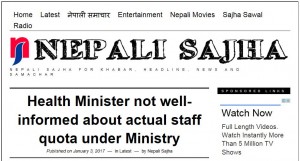 Yesterday’s health promotion dissemination meeting in Kathmandu has been widely reported in the national media in Nepal. Some of the national media focused largely (but not solely) on the words of the Minister of Health Mr Thapa, whilst the television news reports included the organisers and presenters at the event. The Green Tara Nepal Health Promotion Dissemination conference in Kathmandu was supported by the Centre for Midwifery, Maternal & Perinatal Health at BU and Liverpool John Moores University (LJMU) and Green Tara Trust UK (a Buddhist charity based in London). BU has been working with Green Tara Nepal for the past eight years on a number of maternal health promotion projects in rural Nepal.
Yesterday’s health promotion dissemination meeting in Kathmandu has been widely reported in the national media in Nepal. Some of the national media focused largely (but not solely) on the words of the Minister of Health Mr Thapa, whilst the television news reports included the organisers and presenters at the event. The Green Tara Nepal Health Promotion Dissemination conference in Kathmandu was supported by the Centre for Midwifery, Maternal & Perinatal Health at BU and Liverpool John Moores University (LJMU) and Green Tara Trust UK (a Buddhist charity based in London). BU has been working with Green Tara Nepal for the past eight years on a number of maternal health promotion projects in rural Nepal. 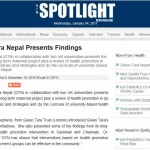 Overall the media in Nepal had difficulty understanding the notion of ‘health promotion’, therefore many journalists focused on health services as this was mentioned by the Minister of Health.
Overall the media in Nepal had difficulty understanding the notion of ‘health promotion’, therefore many journalists focused on health services as this was mentioned by the Minister of Health.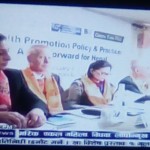

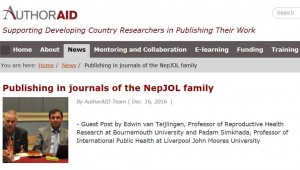
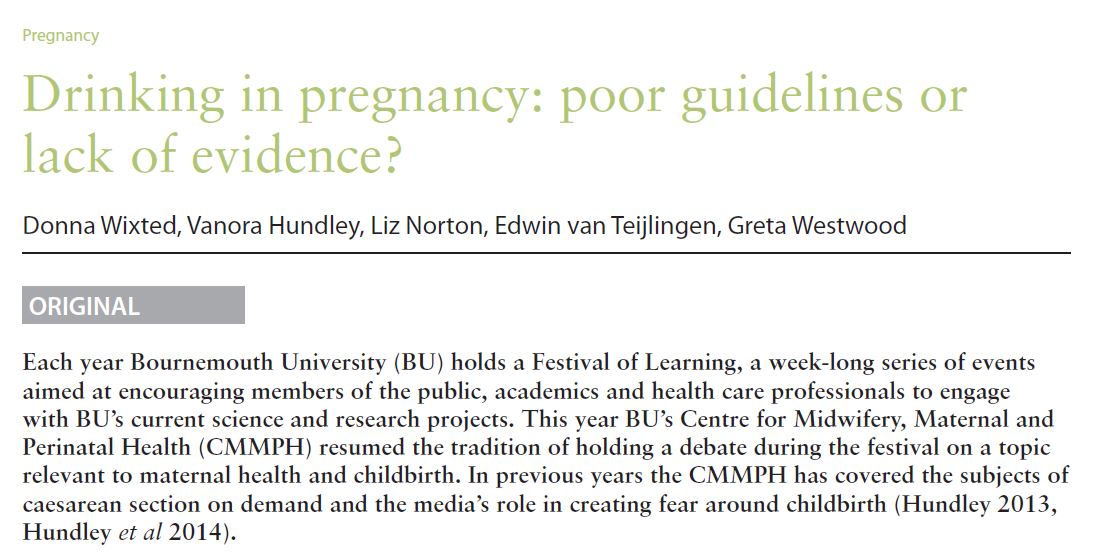
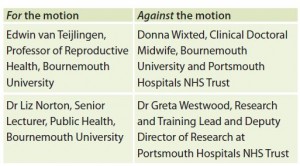
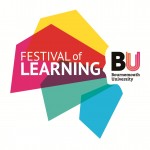



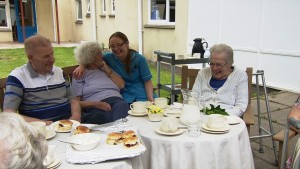

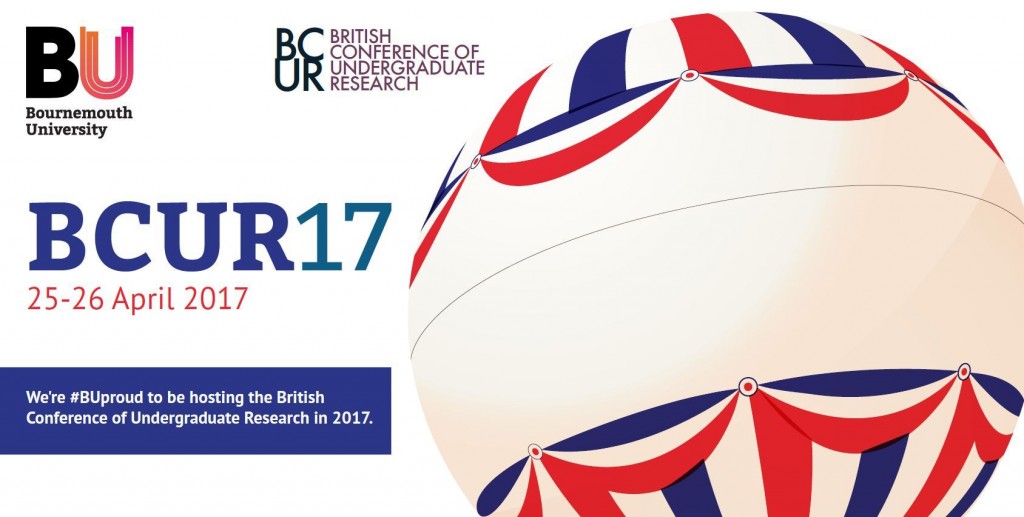
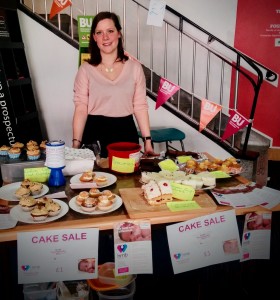 The amount raised will help to either
The amount raised will help to either If you would like to learn more about donor milk visit the website of the
If you would like to learn more about donor milk visit the website of the 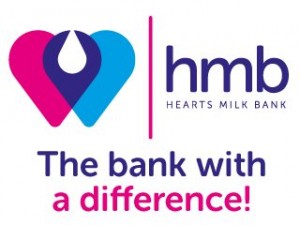 If you would like to learn more about the
If you would like to learn more about the  Plans for a new round of Doctoral Training Partnerships (DTPs) have been
Plans for a new round of Doctoral Training Partnerships (DTPs) have been 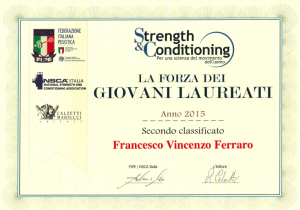
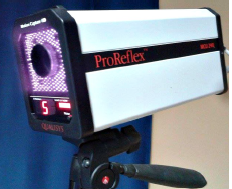 using a system of 8 QTM cameras and a force plate, I measured the effect of different tasks upon the static balance in 20 young volunteers.
using a system of 8 QTM cameras and a force plate, I measured the effect of different tasks upon the static balance in 20 young volunteers.
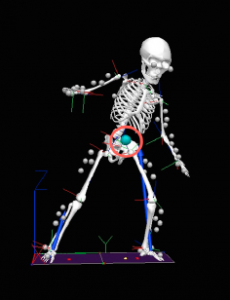 Special thanks go to the people who helped me at the
Special thanks go to the people who helped me at the 

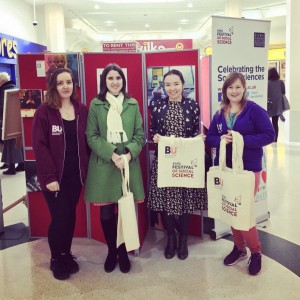
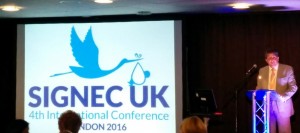
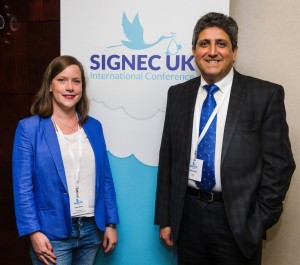 My supervisor Dr Simon Dyall and I were delighted to be invited to attend this event, since, together with Minesh, we are looking at the role of essential fatty acids in perinatal health. As stated above, NEC is a major health concern in the perinatal period, which potentially benefits from essential fatty acids. Furthermore, the event was a perfect opportunity to network with people working in the field of perinatal health and to get more ideas for future research.
My supervisor Dr Simon Dyall and I were delighted to be invited to attend this event, since, together with Minesh, we are looking at the role of essential fatty acids in perinatal health. As stated above, NEC is a major health concern in the perinatal period, which potentially benefits from essential fatty acids. Furthermore, the event was a perfect opportunity to network with people working in the field of perinatal health and to get more ideas for future research.
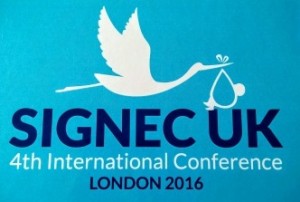 If you would like to learn more about SIGNEC UK or attend next year’s conference, please contact Prof Minesh Khashu at
If you would like to learn more about SIGNEC UK or attend next year’s conference, please contact Prof Minesh Khashu at 










 From Sustainable Research to Sustainable Research Lives: Reflections from the SPROUT Network Event
From Sustainable Research to Sustainable Research Lives: Reflections from the SPROUT Network Event REF Code of Practice consultation is open!
REF Code of Practice consultation is open! BU Leads AI-Driven Work Package in EU Horizon SUSHEAS Project
BU Leads AI-Driven Work Package in EU Horizon SUSHEAS Project ECR Funding Open Call: Research Culture & Community Grant – Apply now
ECR Funding Open Call: Research Culture & Community Grant – Apply now ECR Funding Open Call: Research Culture & Community Grant – Application Deadline Friday 12 December
ECR Funding Open Call: Research Culture & Community Grant – Application Deadline Friday 12 December MSCA Postdoctoral Fellowships 2025 Call
MSCA Postdoctoral Fellowships 2025 Call ERC Advanced Grant 2025 Webinar
ERC Advanced Grant 2025 Webinar Update on UKRO services
Update on UKRO services European research project exploring use of ‘virtual twins’ to better manage metabolic associated fatty liver disease
European research project exploring use of ‘virtual twins’ to better manage metabolic associated fatty liver disease